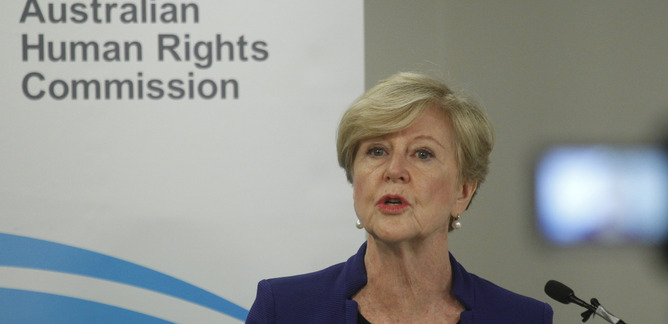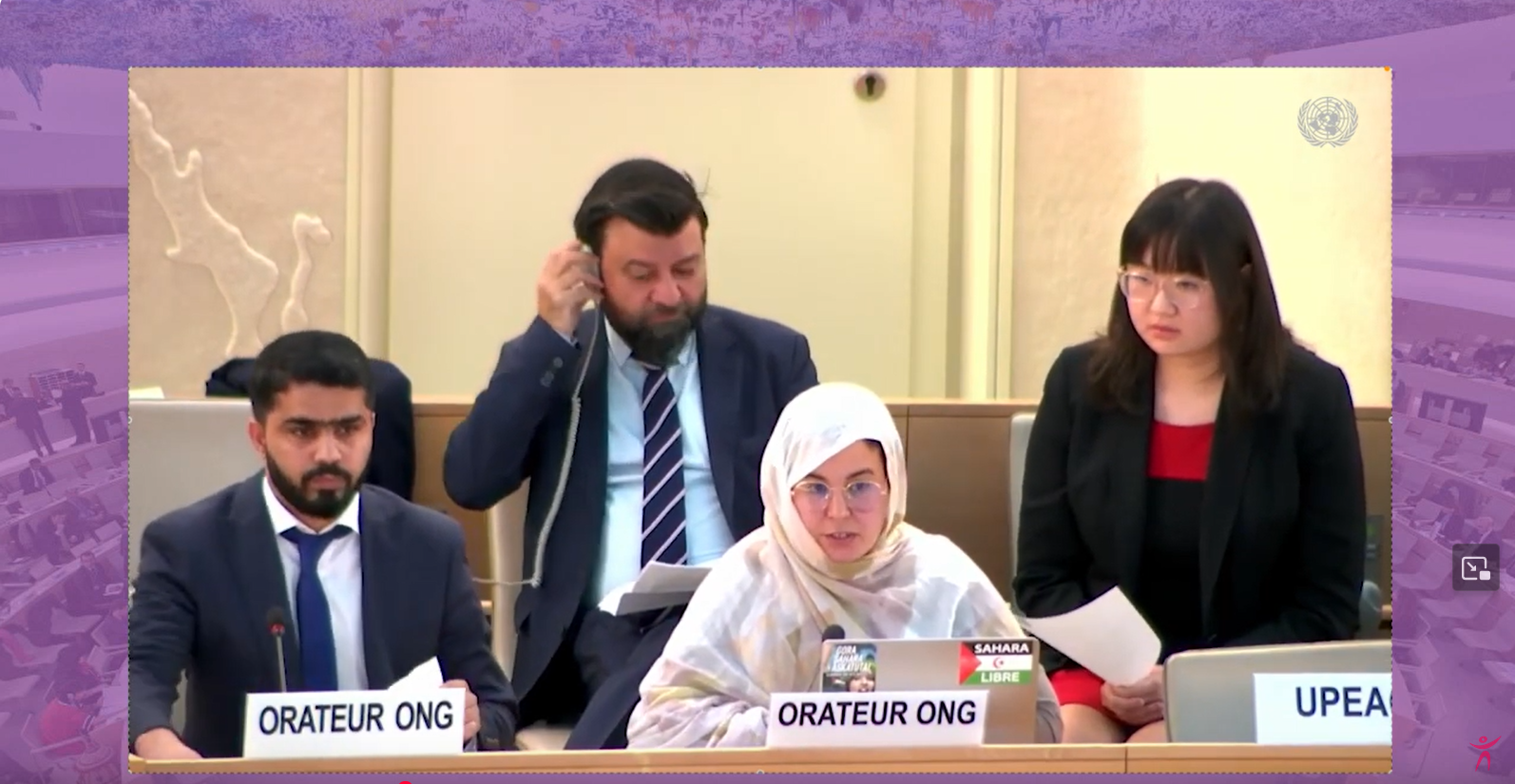(Geneva) – The Australian Government should immediately cease efforts to discredit and undermine the Australian Human Rights Commission and must defend the independence and integrity of its President in the face of unprecedented personal attacks, the International Service for Human Rights said today.
Over the course of the last year, the Australian Government has slashed more than 30 per cent from the Commission’s budget, appointed commissioners without proper process and, most recently, mounted a sustained personal attack on the judgment and qualifications of the Commission’s President, Professor Gillian Triggs. Members of the government are also publicly foreshadowing a parliamentary no-confidence motion in Professor Triggs and an inquiry into the possible abolition of the Commission itself.
The escalation of the attack on Professor Triggs comes just weeks before the Government is required, by law, to publicly release a Commission report on a national inquiry into the impact of mandatory, indefinite immigration detention on children, which she chaired.
It also comes just months after the Australian Government tabled a resolution at the UN Human Rights Council in Geneva calling on all States to safeguard the independence of national human rights institutions, ensure that they are not subjected to unreasonable budgetary limitations, and are protected from all forms of pressure or reprisal in connection with their work to promote and protect human rights.
‘Australia’s rhetoric on the international stage is a stark contrast to the regrettable reality of its conduct at home,’ said ISHR Director Phil Lynch.
‘It’s difficult to see how Australia can retain legitimate and credible leadership on the strengthening of national human rights institutions – one of the Australian delegation’s signature initiatives at the UN Human Rights Council in Geneva and the UN General Assembly in New York – when its domestic actions are so flagrantly in violation of its own resolution.’
‘The Australian-led resolution calls on States to ensure the financial independence and stability of national human rights institutions, yet the Australian Government has just slashed 30 per cent from the Commission’s budget,’ Mr Lynch said.
‘The Australian-led resolution also calls on States to protect national human rights institutions and their staff from political pressure and harassment and to investigate and ensure accountability for any such reprisals, yet the Australian Government has both led and failed to defend Professor Triggs from personal attacks on her motivations and judgment.’
The Australian Government attack on the Commission comes just months after members of the Maldives Human Rights Commission were subject to similar reprisals, being summonsed before the country’s Supreme Court in connection with a report of the Commission on the independence of the judiciary.
‘Reprisals against national human rights institutions and their members and staff, whether perpetrated by the judiciary, as in the Maldives, or by the government and government-fed media, as in Australia, are unacceptable,’ Mr Lynch said.
‘ISHR calls on the Australian Government to immediately cease and desist from attacks on the Commission, to denounce any such attacks by others, and to act in accordance with its own international resolution.’
ISHR is also concerned that the Australian Government has weakened the Human Rights Commission and its own international credentials through the recent unilateral government appointment of commissioners without any public process, transparency or consultation. The Paris Principles on the independence and effectiveness of national institutions, which Australia purports to support, requires that appointment processes be transparent, broadly consultative and subject to parliamentary input.
Background:
Professor Gillian Triggs was appointed President of the Australian Human Rights Commission in 2012. She was previously Dean of the Faculty of Law and Challis Professor of International Law at the University of Sydney and Director of the British Institute of International and Comparative Law. Last week, a group of 24 eminent international legal scholars published an open letter defending her qualifications, independence and judgment.
Human Rights Council resolution 27/18, led by Australia and adopted by consensus, relevantly provides that the Human Rights Council:
“9. Recognizes that national human rights institutions and their respective members and staff should not face any form of reprisal or intimidation, including political pressure, physical intimidation, harassment or unjustifiable budgetary limitations, as a result of activities undertaken in accordance with their respective mandates, including when taking up individual cases or when reporting on serious or systematic violations in their countries;
…
11. Emphasizes that any cases of alleged reprisal or intimidation against national human rights institutions and their respective members and staff or against individuals who cooperate or seek to cooperate with national human rights institutions should be promptly and thoroughly investigated, with the perpetrators brought to justice.”




